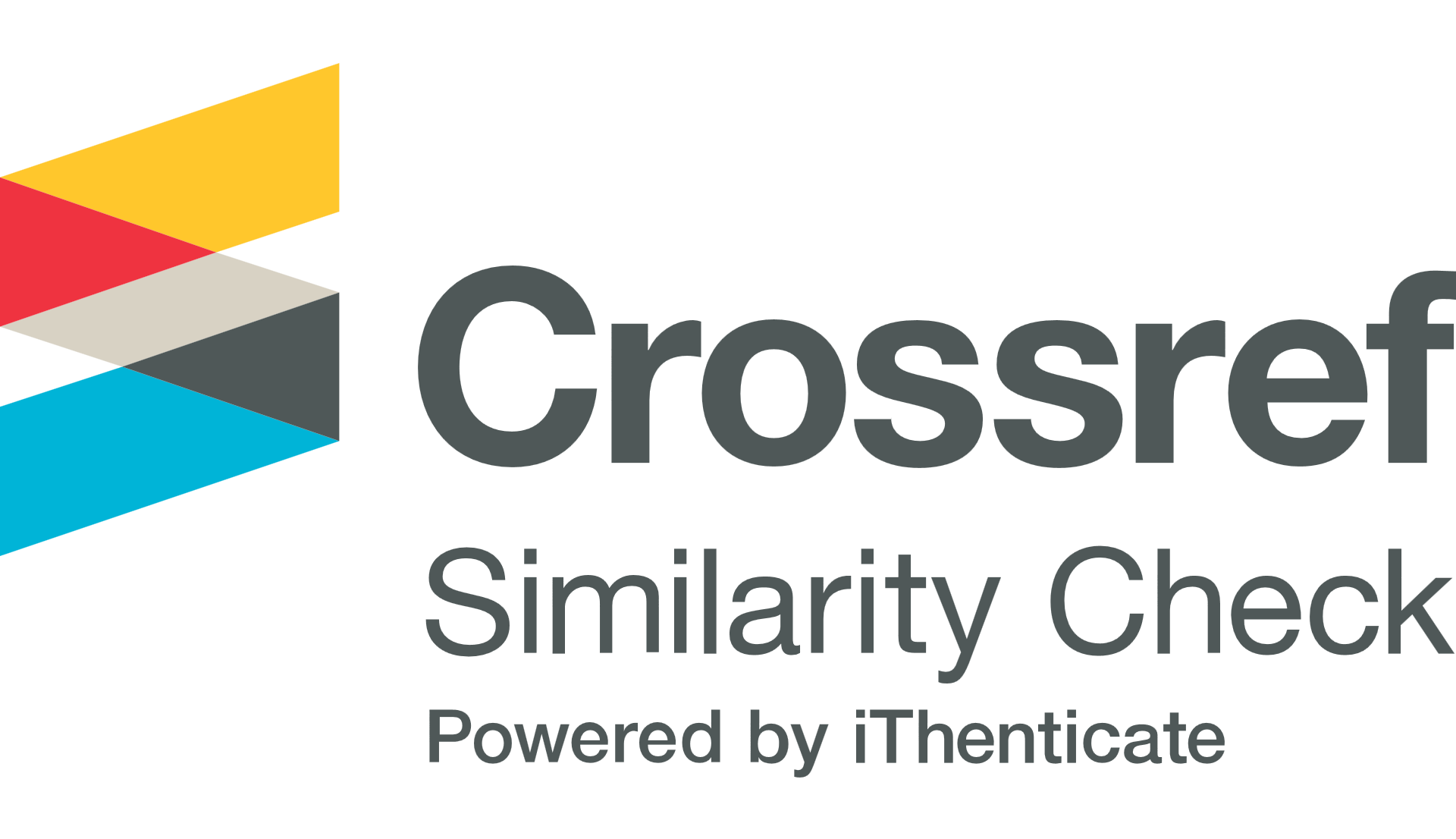Perlindungan Privasi Individu dalam Penggunaan Face Recognition Tinjauan Hukum dan Etika
Abstract
Keywords
Full Text:
PDF (Bahasa Indonesia)References
Agus Pambudi, 2024, Verifikasi Wajah Hanya 3 Detik Melalui FRISTA, Semarang, https://www.rri.co.id/kesehatan/989324/verifikasi-wajah-hanya-3-detik-melalui-frista
Alwan Suryansah, dkk. 2020. Penggunaan Face Recognation untuk akses ruangan. Information Research Center. Bandung : 38-39
BPJS Kesehatan, 2024, Kedeputian Bidang Komunikasi Organisasi, SIARAN PERS, Tingkatkan Layanan JKN, BPJS Kesehatan Luncurkan Inovasi Digital Face Recognition (FRISTA), Jakarta
BPJS Kesehatan, 2024, Laporan Pengelolaan Program Tahun 2023 dan Laporan Keuangan Tahun 2023 (Lanjutan), Jakarta, https://web.bpjs-kesehatan.go.id/uploads/information/05072024032036-d0e43b7b-4628-4963-8cb4-a2104605a2e6.pdf
BPJS Kesehatan. 2024. INOVASI FINGERPRINT - ELECTRONIC SURAT ELIGIBILITAS PESERTA (FP-ESEP). Jakarta https://www.bpjs-kesehatan.go.id/?utm_medium=social&utm_source=linktree&utm_campaign=website#/search?keyword=Fingerprint
CNN Indonesia. 2024."Bahaya Face Recognition, Masalah Privasi hingga Kriminalisasi" https://www.cnnindonesia.com/teknologi/20220416030013-199-785351/bahaya-face-recognition-masalah-privasi-hingga-kriminalisasi.
Joseph Teguh Santos. 2023. Kecerdasan Buatan (Artificial Intelligence), Semarang:1
Jamaaluddin, Indah Sulistyowati, 2021, BUKU AJAR KECERDASAN BUATAN (ARTIFICIAL INTELLIGENCE), Sidoarjo:2
L. J. van Apeldoorn, Oetarid Sadino, and Supomo, Pengantar ilmu hukum, Cet. ke-15 (Jakarta: Pradnya Paramita, 1978).
Mutiara Lindri Razaq. 2024. Penggunaan Teknologi Pengenalan Wajah Dalam Keamanan Publik. JERUMI: Journal of Education Religion Humanities and Multidiciplinary.E-ISSN: 3025-7980 P-ISSN: 3025-7999. Jakarta
Nurzahri. 2024. Permudah Pelayanan pasien, RSUD Pidie Jaya Terapkan Inovasi ‘Frista’. Aceh. https://popularitas.com/berita/permudah-pelayanan-pasien-rsud-pidie-jaya-terapkan-inovasi-frista/
Patricia Edina Sembiring, 2024, IMPLEMENTASI DESAIN PRIVASI SEBAGAI PELINDUNGAN PRIVASI ATAS DATA BIOMETRIK, DOI: 10.25123/vej.v10i1.7622: 68
Rokom. 2024. Teknologi AI Peluang Besar Tingkatkan Layanan Kesehatan, Biro Komunikasi & Pelayanan Publik Kementerian Kesehatan RI, https://sehatnegeriku.kemkes.go.id/baca/umum/20240603/0945640/teknologi-ai-peluang-besar-tingkatkan-layanan-kesehatan/
Samuel D. Warren dan Louis D. Brandeis, The Right to Privacy, 4 Harvard Law Review 5: 198
Sarimah Yemima Br Girsang. 2023. Pentingnya Regulasi Khusus Tentang Pemanfaatan Sistem Face Recognition Technology Dalam Peningkatan Keamanan Dan Penegakan Hukum Di Indonesia. Jurnal Hukum dan HAM Wara Sains. Vol. 02, No. 10, Oktober 2023, pp. 996~1005:998
DOI: http://dx.doi.org/10.56444/sh.v21i2.5779
Refbacks
- There are currently no refbacks.
![]()
![]()








 Spektrum Hukum |ISSN
Spektrum Hukum |ISSN